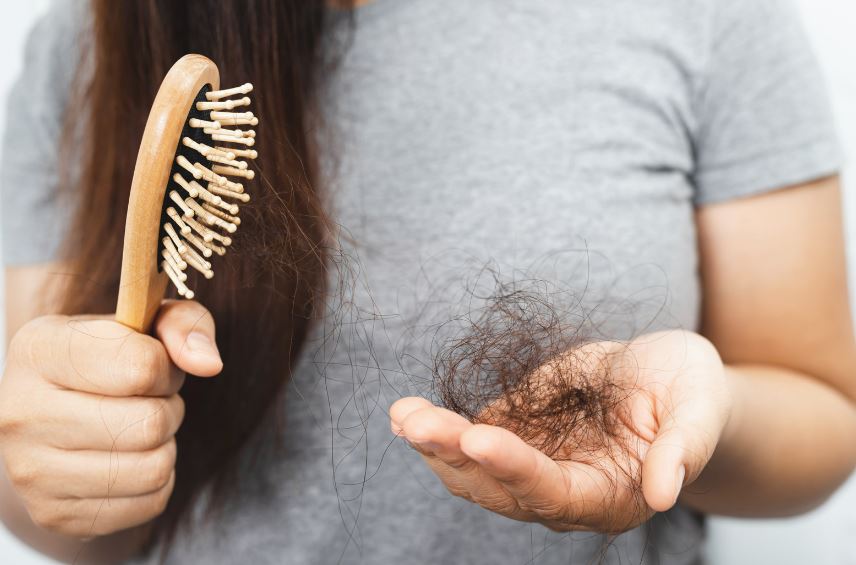Dr Kapil Bhargava
Consultant Dermatologist and Dermatologic Surgeon
Specialist expertise: Skin Cancer, Hair Disorders, Cosmetic Dermatology, Adult Dermatology, Mohs Micrographic Surgery, Skin Surgery, Pigmentation Disorders, Scars, Moles, Dermatology, Lesion Removal, Laser Surgery, Muscle relaxing injections, Soft Tissue Fillers, Mole Checks, Alopecia, Facial Rashes.

